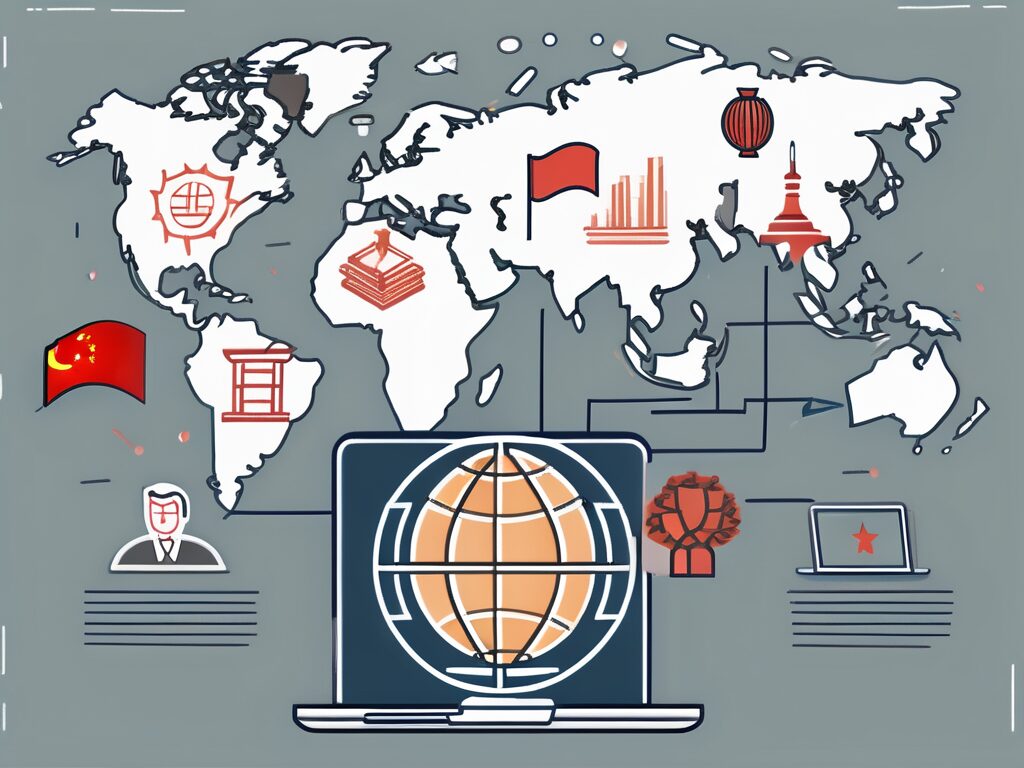In the age of digital revolution, the world has become a global village. This is particularly true for the field of education, where opportunities to teach and learn are no longer confined to physical classrooms. One such opportunity is teaching internationally with an International Postgraduate Certificate in Education (IPGCE) without leaving the comfort of your home in China. This article will provide you with four essential tips to make the most of this opportunity.
1. Understanding the IPGCE
What is an IPGCE?
An IPGCE is a qualification for educators who wish to teach abroad. It is recognised globally and is equivalent to the Postgraduate Certificate in Education (PGCE) in the UK. The IPGCE is a flexible course that can be completed online, making it an ideal choice for those who wish to teach internationally without relocating.
Benefits of an IPGCE
One of the main advantages of an IPGCE is its global recognition. With this qualification, you can teach in international schools around the world. Furthermore, the course content is designed to prepare you for teaching in diverse cultural settings, a skill that is increasingly in demand in today’s globalised world.
Another benefit is the flexibility of the course. You can study at your own pace and from the comfort of your home. This is particularly beneficial for those who have other commitments, such as a full-time job or family responsibilities.
2. Preparing for Online Teaching
Developing Digital Literacy
Teaching online requires a certain level of digital literacy. This includes being comfortable with using technology, such as video conferencing tools, learning management systems, and digital resources. If you’re not already tech-savvy, don’t worry. There are plenty of resources available to help you develop these skills.
Just like learning a new language, it might seem daunting at first, but with practice, you’ll become fluent in no time. Think of it as learning to drive a car. Initially, you might struggle with coordinating the clutch, accelerator, and brake, but eventually, it becomes second nature.
Creating an Engaging Online Environment
One of the challenges of online teaching is keeping students engaged. Without the physical presence of a teacher, students might feel disconnected or lose interest. Therefore, it’s important to create an engaging online environment.
One way to do this is by using interactive tools, such as quizzes, polls, and discussion boards. You can also use multimedia resources, such as videos and animations, to make your lessons more interesting. Remember, variety is the spice of life, and this is especially true for online teaching.
3. Adapting to Different Cultures
Understanding Cultural Differences
Teaching internationally means you’ll be interacting with students from different cultural backgrounds. It’s important to understand and respect these cultural differences to create an inclusive learning environment.
For example, in some cultures, students might be hesitant to ask questions or participate in discussions due to cultural norms of respect for authority. In such cases, it’s important to encourage participation and reassure students that their contributions are valued.
Building Cultural Competence
Building cultural competence is not just about understanding cultural differences, but also about adapting your teaching style to suit the needs of your students. This might involve modifying your communication style, incorporating culturally relevant examples in your lessons, or being sensitive to cultural holidays and events.
Think of it as being a chef. Just as a chef adjusts their recipes to cater to different dietary preferences, a teacher adjusts their teaching style to cater to different cultural preferences.
4. Continuous Professional Development
Staying Updated with Educational Trends
Education is a dynamic field that is constantly evolving. Therefore, it’s important to stay updated with the latest educational trends and research. This can be done through professional development courses, webinars, or reading educational journals and blogs.
Staying updated is like keeping your car serviced. Just as a car needs regular servicing to run smoothly, your teaching practice needs regular updating to stay effective.
Reflecting on Your Practice
Reflection is a powerful tool for professional development. By reflecting on your teaching practice, you can identify areas of strength and areas for improvement. This can be done through self-reflection, peer observation, or feedback from students.
Reflecting on your practice is like checking your reflection in the mirror. Just as you check your appearance in the mirror before leaving the house, you should check your teaching practice through reflection to ensure it’s at its best.
In conclusion, teaching globally with an IPGCE without leaving China is a rewarding and feasible opportunity. By understanding the IPGCE, preparing for online teaching, adapting to different cultures, and engaging in continuous professional development, you can make the most of this opportunity. So why wait? Start your global teaching journey today!
Embark on Your Global Teaching Career with IPGCE
Ready to elevate your teaching credentials and unlock the door to international classrooms? Join the UK’s #1 Teacher Training Course, the IPGCE, and be part of the elite educators shaping the future of global education. With our program, you’ll overcome the barriers of stringent qualifications, enjoy a 50% increase in interview callbacks, and access a 45% boost in promotion rates. Connect with a thriving professional community, gain a deep understanding of international curricula, and seamlessly integrate professional development with your current commitments. Don’t let this chance slip away. Join the IPGCE program now and start teaching the world without leaving China.

